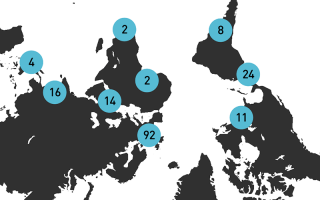Fernando recounts experiences of studying MSc Social Development Practice at the Development Planning Unit
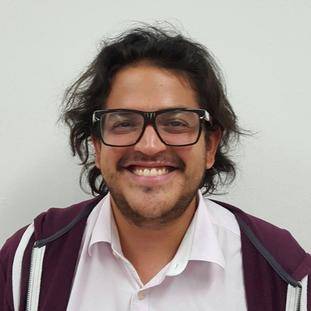 Fernando Martínez (2012-13): Manager of the Productive Inclusion Lab, Ministry of Social Development (Colombia)
Fernando Martínez (2012-13): Manager of the Productive Inclusion Lab, Ministry of Social Development (Colombia)

My name is Fernando Martínez, I’m Colombian, and I had the pleasure of studying the MSc in Social Development Practice during 2012-2013, at the Development Planning Unit, at UCL.
Before enrolling at the DPU, I did my Bachelors degree in Social Communication and Journalism, and I have always been interested in communications schemes as ends of development. However, during my professional career I saw how communication could be used as an instrument towards different results.
When I was considering options to do my MSc, I saw in the DPU a clear approach towards people-centred development: a process involving constant communication, in which people’s aspirations and identities have to come together to build on their vision of development.
There are two main aspects that I absolutely loved about the MSc in Social Development Practice. The first one was the practical component – how all the time you are able to implement what you’re learning in real scenarios, very much transferable to what you encounter in your professional life. The second aspect was the critical approach towards development. The course gives you the tools to always question what you’re doing; to understanding who are you working for; to identify the cracks in which you can make a difference and establish a different agenda, one that is more inclusive and with a narrative that represents poor people’s voices.
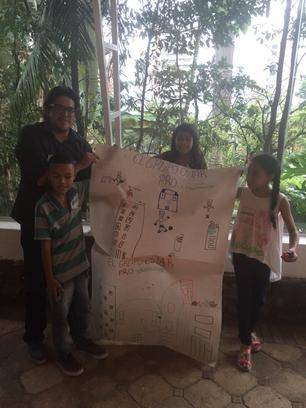
I very much value what I learned during my MSc, as I’ve been able to apply must of the practical concepts that I gained during my time in the DPU. Right after I finished the SDP course, I began working at UNHCR headquarters in Geneva, where I was developing participatory M&E schemes, for a global campaign that delivers safe access to fuel and energy to refugee camps in 20 countries (see the UNHCR’s Safe Access to Fuel and Energy strategy here). Even though the scale of my work at UNHCR was very different than the experiences I had in the London-based fieldwork and the overseas fieldtrip to Kenya, the abilities I learned were transferable to those needed to do my job (such as the design of participatory research, methodologies and techniques for innovative research, among many others).
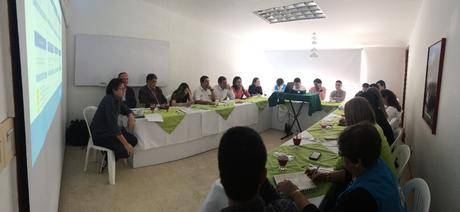
During my time in SDP, I learned the importance of placing people at the centre of development, and how relevant it is to co-create programs and policies with the people that such programs and policies are intended for. In the Lab we designed Colombia’s biggest entrepreneurship program (exclusively for vulnerable populations), and it is impacting 40,000 families in more than 80 cities.
Thanks to what I learned at the DPU, we involved close to 1,000 people in participatory workshops to understand people’s problems, their hopes and wants regarding entrepreneurship, and co-design workshops in which we created most of the program.
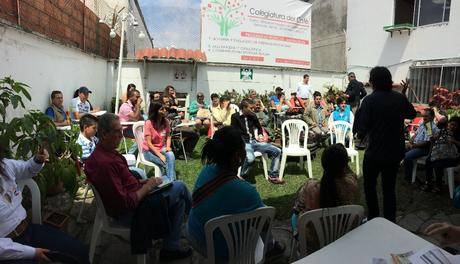
If you’re already studying on the course, give yourself the chance to beat yourself up every day, seize the amazing real-life lab that this course is giving you, and dare to really place your struggle from the perspective of those who are more vulnerable.
- July 2016
 Close
Close


